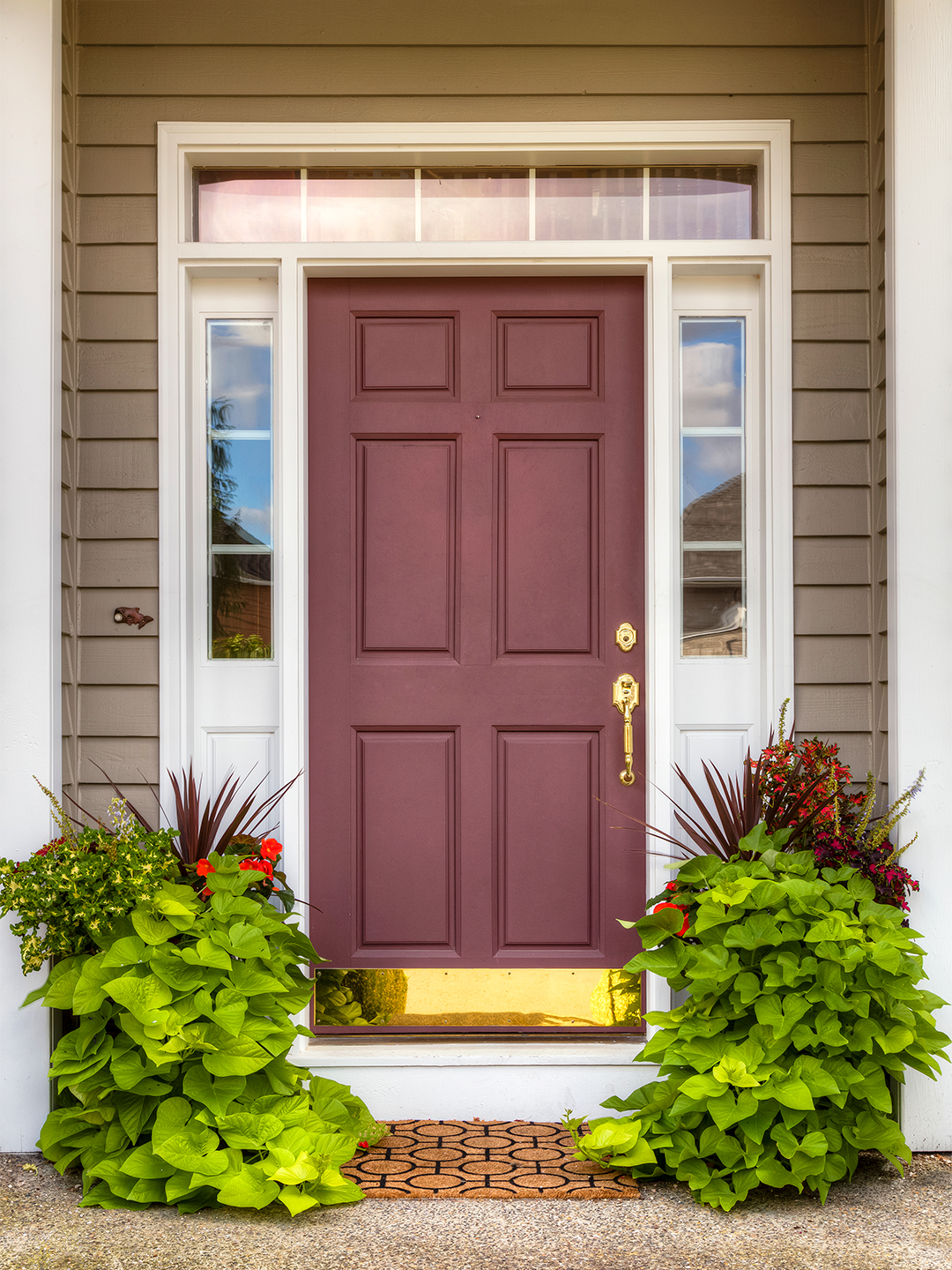We may earn revenue from the products available on this page and participate in affiliate programs.
Guesstimating is something you do when you’re trying to figure out how many pieces of candy are in a giant glass jar. It’s not something to attempt when buying your first house and budgeting for improvements, because the odds are you’ll be way off. According to a new report from Thumbtack and Zillow, the average millennial expects to pay between $10,000 and $15,000 to make a home move-in ready, when in reality the data shows it ends up being in the $26,900 range. In some cases, a typical house (not a fixer-upper!) requires nearly $30,000 worth of work.
If your mood board currently only includes paint, tile, and wallpaper, consider making room for replacing the HVAC systems (the most expensive move-in project, costing $3,615 on average), repairing damaged hardwood floors, and fixing leaking plumbing fixtures. “Home buyers typically underestimate the costs of the unsexy projects they may have to tackle before they even move in,” says Amanda Pendleton, a Zillow home trends expert. Here’s how to reduce the costs of some of the most popular post–move-in projects.
Cleaning Wall-to-Wall Carpeting
You don’t have to hire a professional crew to get those stains out. Domino writer Gabrielle Savoie swears by Hoover’s Spotless Portable Carpet & Upholstery Cleaner (sold at Target for $115) for all her floor treatment cleaning needs.
Painting the Cabinetry
After you’ve taken the proper precautions (sanding down the doors and priming them), you can tackle this update on your own. Steer clear of brushes while you’re at it. Designer Jen Levy bought an $89 stationary sprayer from Home Depot, and it got her the smooth, high-gloss finish she was after.
Repairing a Broken Fence
If your fence is there just for good looks anyway, take out the old posts and stick in new square Accoya wood ones. Spacing them out about 9 inches or so from one another will achieve a zen effect with less material.
Replacing Damaged Tile
Rather than demolish her original 100-year-old bathroom, Bodega founders Josef Harris and Liz Gardner had a friend apply the Japanese practice of kingsugi (the art of fixing broken pottery with gold lacquer) to make the cracked tiles new again.

